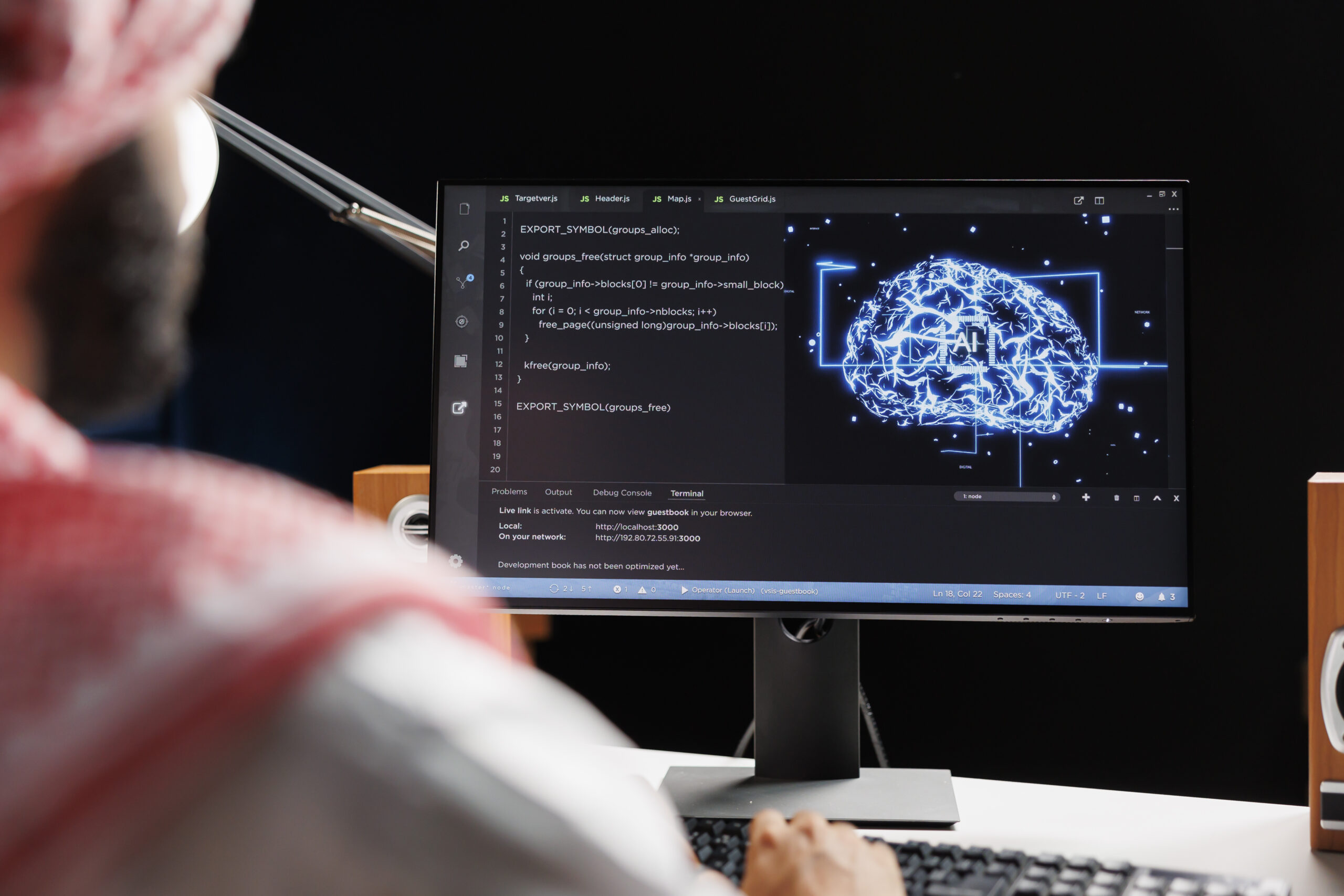Table of Contents
- Introduction
- The Intersection of AI and Data Science
- New Possibilities with AI and Data Science
- 1. Predictive Analytics
- 2. Natural Language Processing (NLP)
- 3. Enhanced Decision-Making
- 4. Personalization and Customer Insights
- 5. Automation and Process Optimization
- 6. AI-Powered Healthcare
- 7. Smart Cities and IoT
- 8. Financial Forecasting and Risk Management
- 9. AI in Education
- 10. Ethical AI and Responsible Data Use
- Challenges and Considerations
- Conclusion
Introduction
Artificial Intelligence (AI) and Data Science are at the forefront of a technological revolution, opening new doors to possibilities that were once the realm of science fiction. From transforming industries to enhancing everyday life, these technologies are driving innovation at an unprecedented pace. In this article, we explore the exciting new possibilities that AI and Data Science bring to the table, along with the challenges and considerations that accompany their growth.
The Intersection of AI and Data Science
AI and Data Science are closely intertwined, with Data Science providing the data and frameworks that fuel AI algorithms. Together, they enable machines to learn from data, make predictions, and automate complex processes. This synergy is what makes AI and Data Science so powerful, allowing businesses and researchers to uncover insights that were previously unattainable.
New Possibilities with AI and Data Science
1. Predictive Analytics
One of the most significant advancements in AI and Data Science is the ability to predict future outcomes based on historical data. Predictive analytics is being used across industries to forecast trends, optimize operations, and make more informed decisions.
Applications:
- Predicting customer behavior in marketing.
- Forecasting demand in supply chain management.
- Anticipating equipment failures in manufacturing.
2. Natural Language Processing (NLP)
NLP, a subset of AI, enables machines to understand and respond to human language. This has led to significant advancements in areas like voice assistants, sentiment analysis, and language translation.
Applications:
- Virtual assistants like Siri and Alexa.
- Real-time language translation tools.
- Sentiment analysis in social media monitoring.
3. Enhanced Decision-Making
AI and Data Science are revolutionizing decision-making by providing data-driven insights that are more accurate and actionable. Organizations can now rely on AI to analyze complex datasets and suggest optimal courses of action.
Applications:
- Strategic business decisions based on market analysis.
- Financial institutions using AI for investment strategies.
- Governments utilizing data for policy-making.
4. Personalization and Customer Insights
AI enables businesses to personalize customer experiences by analyzing data to understand individual preferences and behaviors. This leads to more targeted marketing, improved customer satisfaction, and increased loyalty.
Applications:
- Personalized recommendations on e-commerce platforms.
- Tailored content delivery in digital marketing.
- Customized healthcare plans based on patient data.
5. Automation and Process Optimization
AI-driven automation is streamlining processes across industries, reducing human error, and increasing efficiency. From manufacturing to customer service, automation is enhancing productivity and enabling businesses to focus on more strategic tasks.
Applications:
- Robotic process automation (RPA) in finance.
- Automated customer support through chatbots.
- AI-powered supply chain management.
6. AI-Powered Healthcare
AI is transforming healthcare by enabling more accurate diagnoses, personalized treatment plans, and efficient management of healthcare systems. Data Science plays a crucial role in analyzing patient data to uncover patterns and improve outcomes.
Applications:
- AI algorithms for early disease detection.
- Personalized medicine based on genetic data.
- Efficient hospital management using predictive analytics.
7. Smart Cities and IoT
The integration of AI with the Internet of Things (IoT) is paving the way for smart cities, where data-driven insights improve urban planning, traffic management, and resource allocation.
Applications:
- Traffic flow optimization using AI.
- Energy management in smart grids.
- Real-time monitoring of public infrastructure.
8. Financial Forecasting and Risk Management
AI and Data Science are being used in the financial sector to predict market trends, manage risks, and automate trading strategies. These technologies provide a competitive edge by enabling faster and more accurate financial decision-making.
Applications:
- Predictive models for stock market analysis.
- AI-driven risk assessment in insurance.
- Automated trading systems using machine learning.
9. AI in Education
AI is transforming education by offering personalized learning experiences, automating administrative tasks, and providing data-driven insights to educators. This leads to more effective teaching and improved student outcomes.
Applications:
- AI-powered tutoring systems.
- Automated grading and assessment tools.
- Personalized learning paths for students.
10. Ethical AI and Responsible Data Use
As AI and Data Science continue to evolve, there is a growing need to address ethical considerations and ensure responsible use of data. This includes issues like data privacy, algorithmic bias, and the societal impact of AI technologies.
Considerations:
- Ensuring transparency in AI decision-making.
- Addressing biases in AI algorithms.
- Protecting data privacy and ensuring compliance with regulations.
Challenges and Considerations
While AI and Data Science offer immense potential, they also present challenges that must be addressed. These include the need for large amounts of quality data, the risk of algorithmic bias, and the ethical implications of AI decisions. Additionally, there is a growing demand for skilled professionals who can navigate the complexities of these technologies.
Key Challenges:
<

